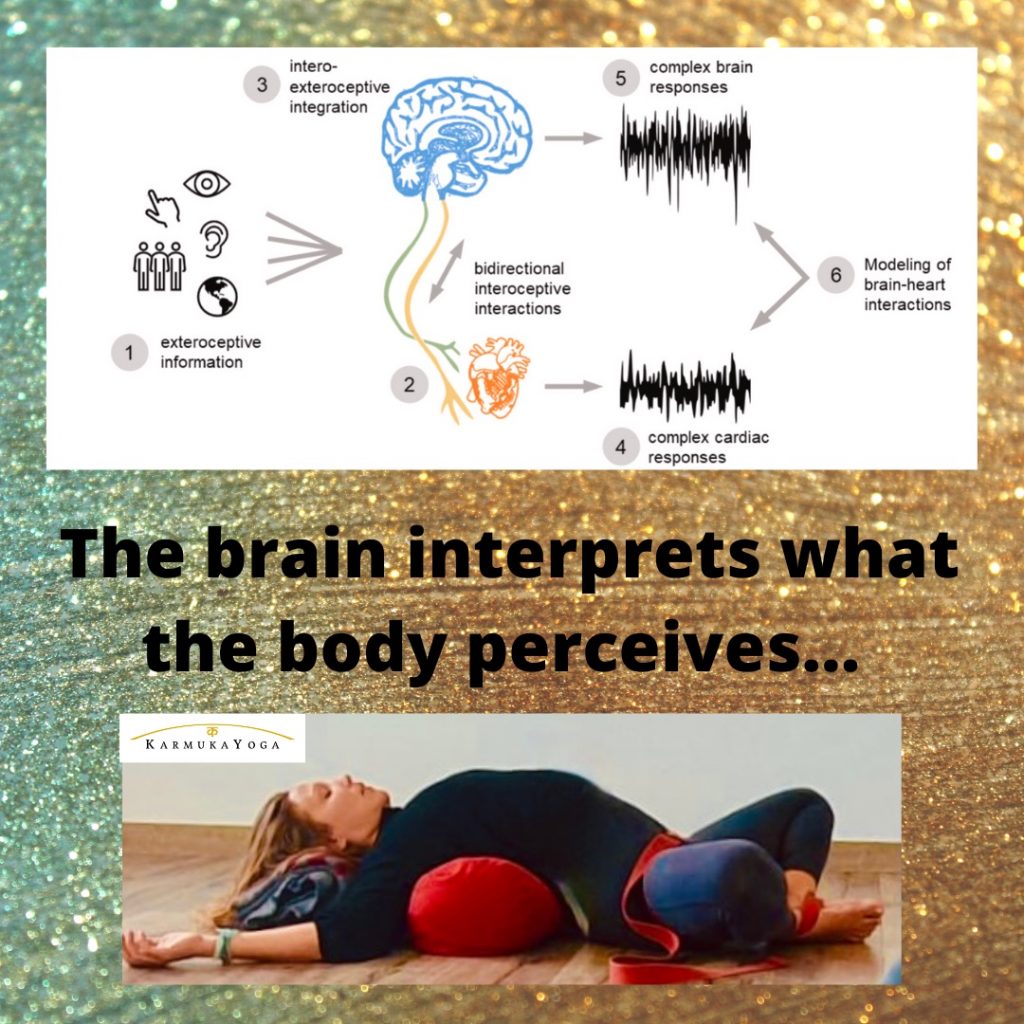 Why physical posture affects your mood, perception of reality, creative and executive functioning.
Why physical posture affects your mood, perception of reality, creative and executive functioning.Research is identifying that a large part of our perceived reality has it’s basis in the ascending visceral communication of the body upwards to the brain (mainly through the vagus nerve), where it is then interpreted and then sent back to the body. Essentially acting like a feedback loop between gut, heart and brain.
Why is this useful to know?
Various studies have shown that simply changing our physical form has significant impact on our perceptions and experiences of the world. There is evidence that ‘good posture’ does equate to higher levels of wellbeing – even when walking.
A ‘good posture” allows for better breath, which affects vagal tone. and relaxes the sympathetic autonomic nervous system (ie. the fight/flight stress response). Greater relaxation of the sympathetic system allows for greater resources to be used for executive and creative functioning rather than just survival.
I mean how is your mind going to think about the next big project at school or work when it is recieving communication from the your body that it is in immediate danger? If your brain is recieving the message from your body that there is danger in the environment, it is only logical that survival comes first and resources (attention, blood, oxygen) will be allocated to figuring out to get back into safety and homeostasis. Contemplating creative and executive tasks will be put as second priority.
In addition to reducing executive functioning, a slumped posture significantly increases attention and memory recall of negative stimuli – a key symptom of those suffering depression and anxiety. It is speculated that the hyper-attention to negative stimuli then results in a negative feedback loop between gut, heart and brain. Resulting not only in a more pessamistic outlook on life but also digestive problems such IBS.
Therefore, according to the research, improving ones posture is one way to short-circuit this negative feedback loop.
So all that talk about good posture (which starts in your FEET !!) isn’t just about reducing back pain! Lifting the heart up, pulling the shoulders down and back and relaxing the lower abdomen not only improves breath but also emotional and executive functioning.
!!) isn’t just about reducing back pain! Lifting the heart up, pulling the shoulders down and back and relaxing the lower abdomen not only improves breath but also emotional and executive functioning.
Sources:
Brain-heart interactions in the neurobiology of consciousness (2022)
Breath of Life: The Respiratory Vagal Stimulation Model of Contemplative Activity (2018)
Effect of Posture Feedback Training on Health (2020)
How we walk affects what we remember: Gait modifications biofeedback change negative affective memory bias (2015)
